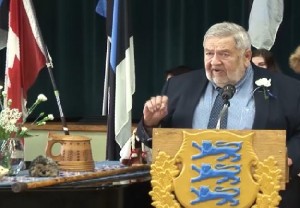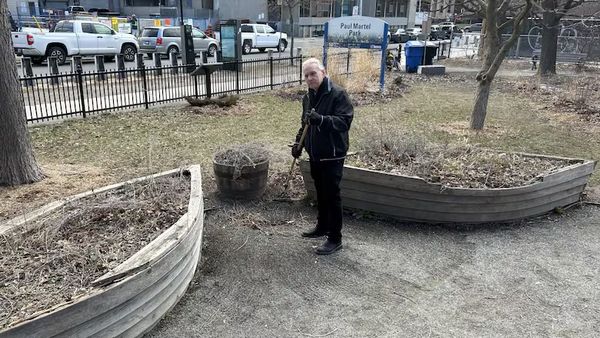
Laas Leivat
Needless to say, international observers claimed the vote was rigged. In regional voting, political competition was limited as strong opposition candidates in some regions were even blocked from running by local authorities.
Political opponents were detained and had their cars vandalized. Those observers identified as anti-Putin were served with military draft papers. Undoubtedly these and other intimidating techniques distort genuine election results. How much remains unknown.
Just as election outcomes in Russia need close scrutiny, polling totals require closer analyses. Quoted more than any result in world and domestic Russian media is the 80% support for Putin’s aggression in Ukraine. Experts say that these surveys don’t reflect reality – public opinion has no meaning because an overwhelming majority refuses to participate as respondents, and most Russians make no effort to form a position on political issues which they cannot influence.
In this regard, even the international credibility of the Russian Levada Centre has its polling weakness. The number of respondents usually is unknown. More importantly, the refusal is not revealed, especially in cases where surveys are conducted personally. Currently in Russia, opinion polling is typically carried out in person on the street, at the door, via internet or by phone – none of which offer anonymity.
(Pikemalt saab lugeda Eesti Elu 24. novembri 2023 paber- või digilehest eestielu.ca)
Advertisement / Reklaam
Advertisement / Reklaam



